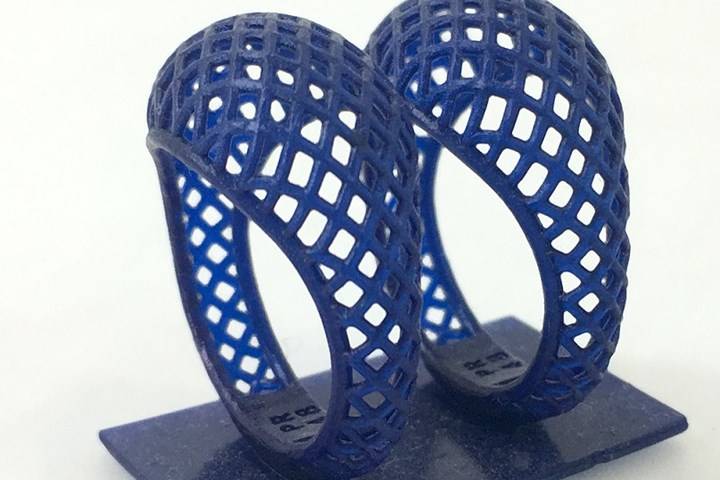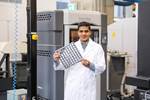Arkema acquires Colorado Photopolymer Solutions, grows 3D printing expertise
The acquisition will compliment the Sartomer line’s photocure resins product offerings and move Arkema further along to become a pure Specialty Materials player by 2024.

Photo Credit: Arkema
Arkema (Colombes, France) announced on Dec. 7 the acquisition of (CPS, Boulder, Colo., U.S.), a company with strong technical expertise in photopolymer formulation for the growing 3D printing market, with applications in the medical, composites, construction and consumer goods sectors.
Colorado Photopolymer Solutions (CPS) develops and markets a range of value-added, formulated photopolymer resin solutions for energy curing technology. Further, says, Arkema, CPS’s recognized experience formulation and materials design, supported by strong innovation capabilities, compliment’s Arkema’s Sartomer product offerings for photocure resins and photoinitiators, and will further support its customers and partners. The project will also foster the development of an integrated offering of customized and formulated additive manufacturing solutions to accelerate the design of turnkey solutions for the 3D printing market.
The acquisition, which was completed early December 2020 is in line with Arkema’s strategy to become a pure Specialty Materials player by 2024.
Related Content
-
Optimizing a CFRP landing leg demonstrator
MT Aerospace achieves design for manufacturing, integrating multiple elements into one-piece structure using AFP and 3D printed tooling to meet time and budget constraints.
-
Large-format AM speeds plug production for manufacture of composite boat molds
Hungarian manufacturer Rapid Prototyping transitioned its conventional foam milling process to 3D printing to produce faster, higher quality, recyclable foam plugs and composite boat molds.
-
The next evolution in AFP
Automated fiber placement develops into more compact, flexible, modular and digitized systems with multi-material and process capabilities.



